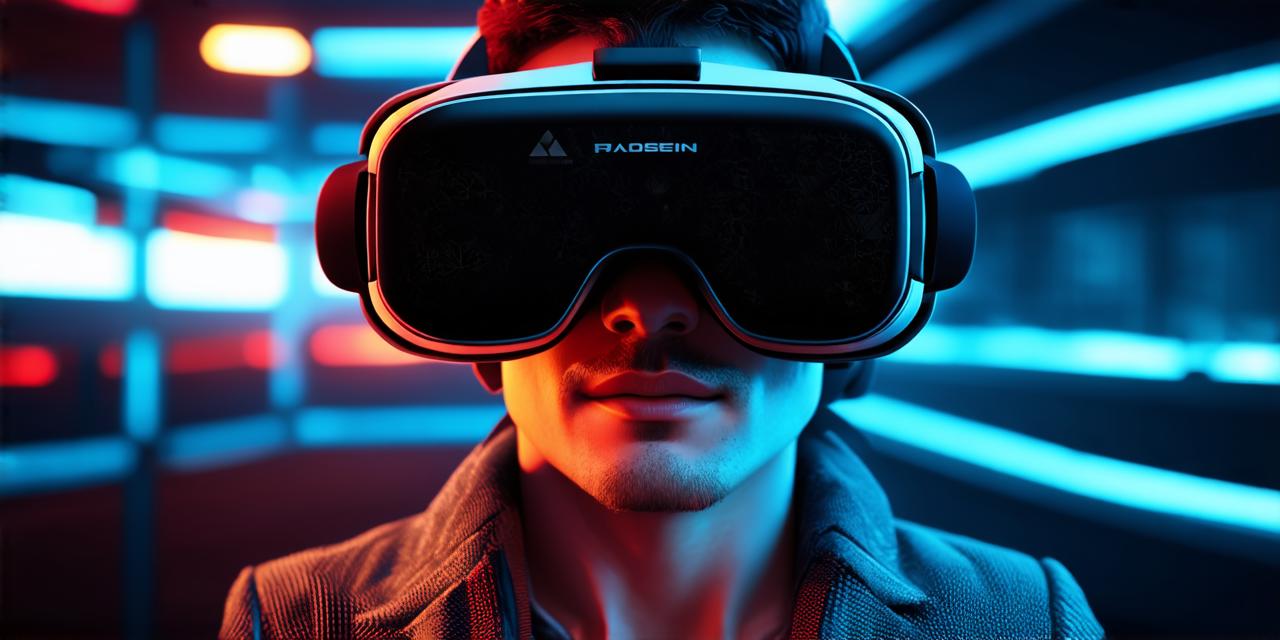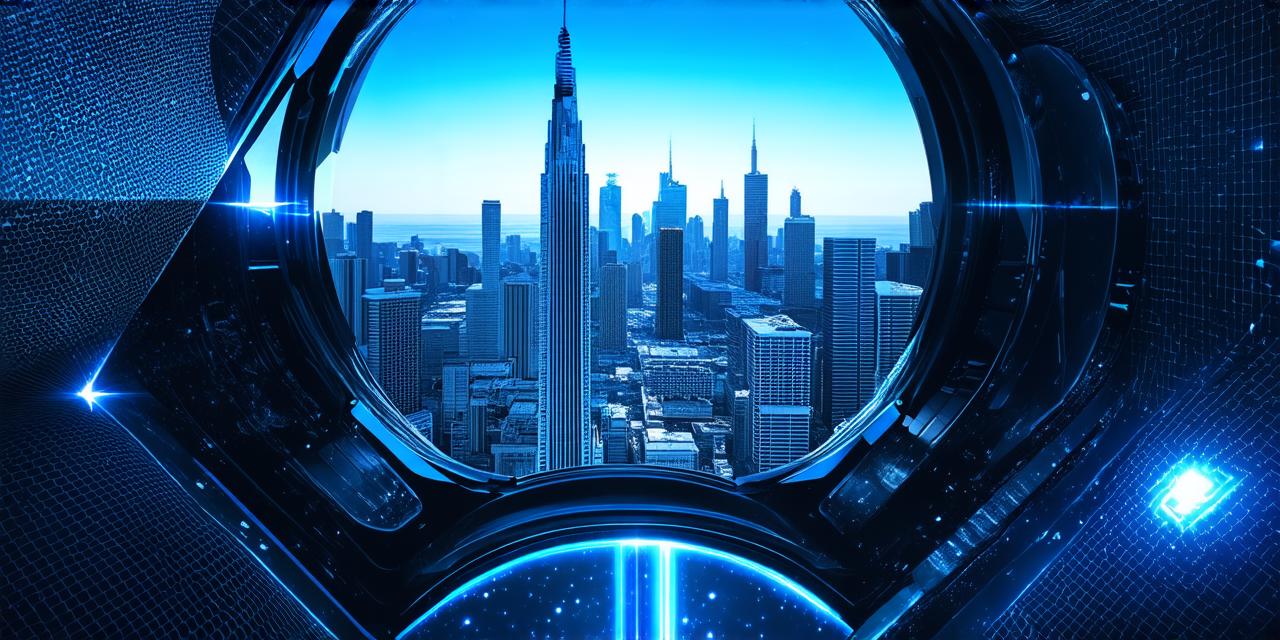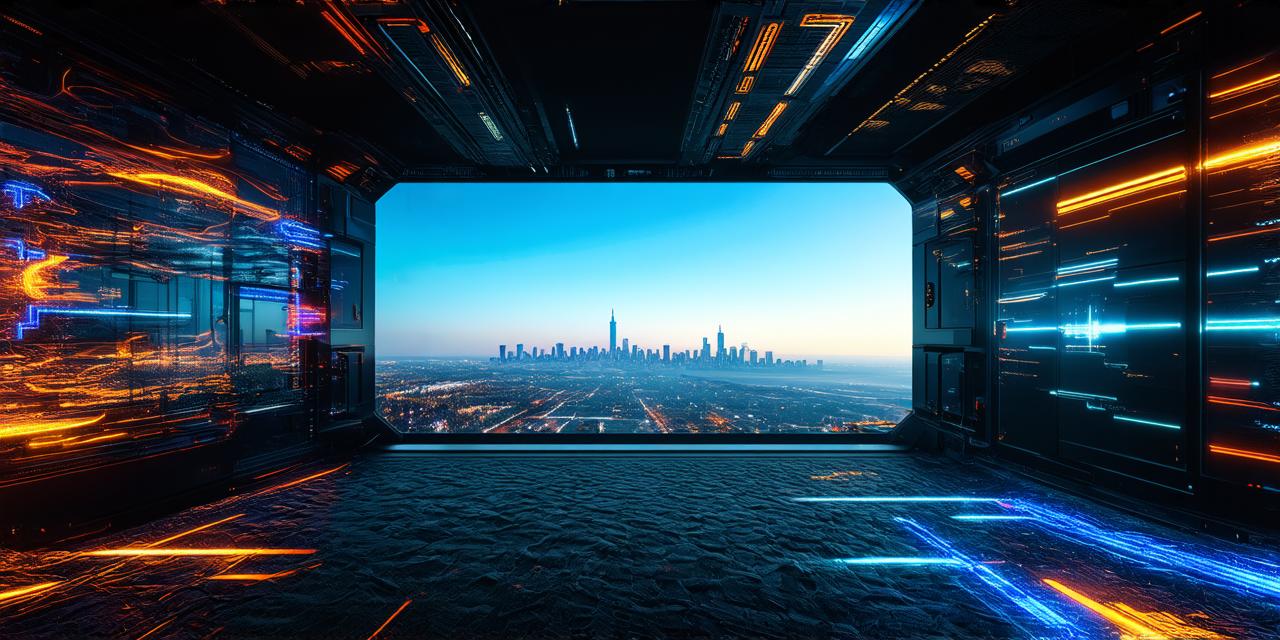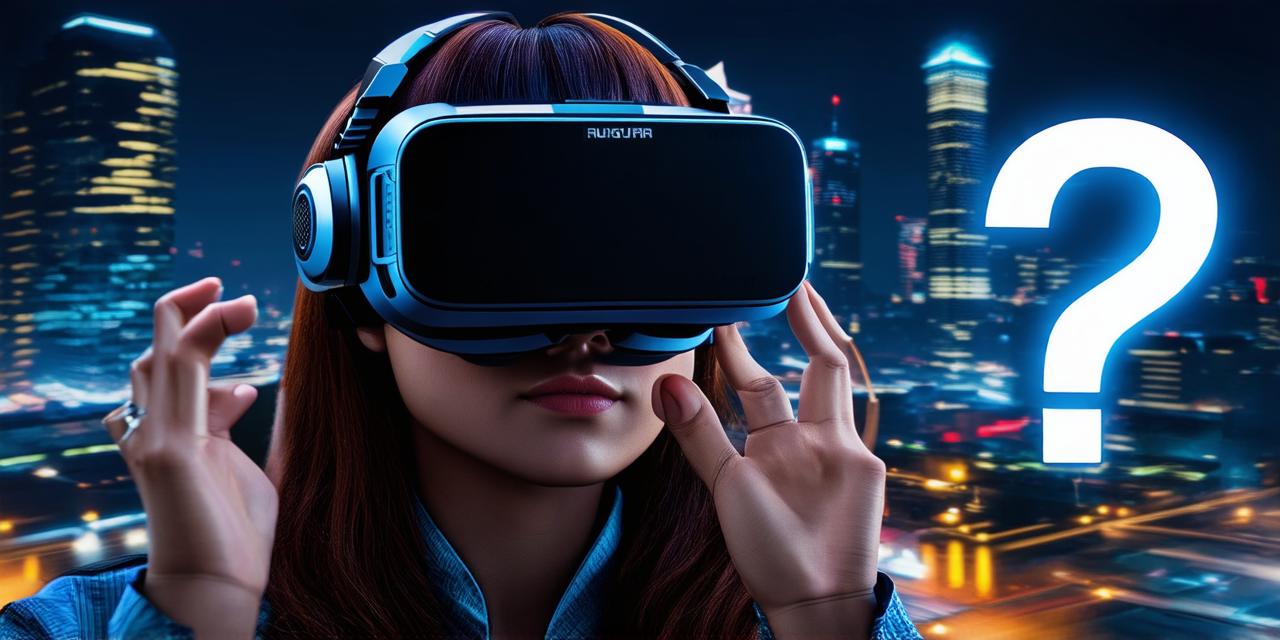Virtual reality represents the future of technology because it provides a unique and immersive experience that can transform the way we interact with digital content.
One of the key reasons why VR represents the future is because it provides a level of immersion that traditional forms of media cannot match. When you wear a VR headset, you are fully immersed in a virtual environment that simulates the real world. This allows you to experience things as if they were happening right in front of you, without any distractions or limitations.
Another reason why VR represents the future is because it offers a level of interactivity that traditional forms of media cannot match. With VR, you can not only observe digital content, but you can also interact with it in meaningful ways. This means that you can explore virtual environments, manipulate objects, and even engage in physical activities like running or flying.
Virtual reality also offers a level of personalization that traditional forms of media cannot match. With VR, you can create your own virtual environment and customize it to fit your needs and preferences. This allows you to have a truly unique and personalized experience that is tailored specifically to your interests and desires.
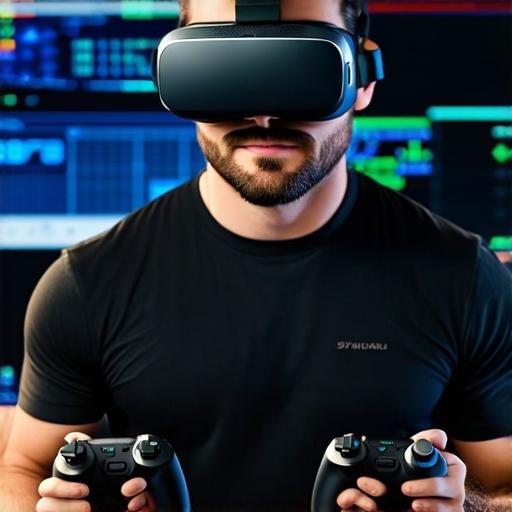
Finally, virtual reality represents the future because it has the potential to revolutionize many different industries. For example, VR can be used for training and simulation purposes in fields like medicine, military, and aviation. It can also be used for entertainment, education, and even therapy. The possibilities are endless, and as technology continues to advance, we can expect to see even more innovative uses of VR in the future.
In conclusion, virtual reality represents the future because it provides a level of immersion, interactivity, personalization, and innovation that traditional forms of media cannot match. As technology continues to evolve, VR will continue to play an increasingly important role in our lives, transforming the way we work, learn, and play.
